Safety culture at KI
A good safety culture is built by several parts of the organisation. Safety culture is important to create a conscious organisation, where managers, staff and students contribute to the comprehensive protection of each other.
If somethings happens
- In case of emergency, call SOS Alarm: 112
- If something feels insecure, threatening or that deviates from normal: contact security guards: Campus Solna 08-524 864 29, Campus Flemingsberg 08-524 860 60.
- Reporting incidents.
A good safety culture consists of several elements: structures and practices, understanding and behaviour. The aim of a good safety culture is to create a conscious organisation where managers, staff and students contribute to the comprehensive protection of each other.
A good safety culture raises the standards of the organisation and its activities and responds to the needs of our organisation. It also helps the organisation to move from a reactive to a proactive level.
Factors that affect
- Reinforcing safe behaviours through, for example, encouragement and positive feedback.
- Management commitment: managers show that they prioritise safety issues to get commitment from the rest of the organisation.
- Shared responsibility: everyone taking responsibility is important in the event of an accident or crisis situation and to prevent accidents.
- Productivity must not be at the expense of safety: safety must be prioritised and there needs to be a trade-off between production and safety.
- Involvement: everyone is involved in how the organisation can improve safety.
- Reporting culture: that everyone dares to report deficiencies and dares to speak up when errors are discovered.
- Safety management: that there are regulations and that people know what to do in different situations.
Key elements of safety culture
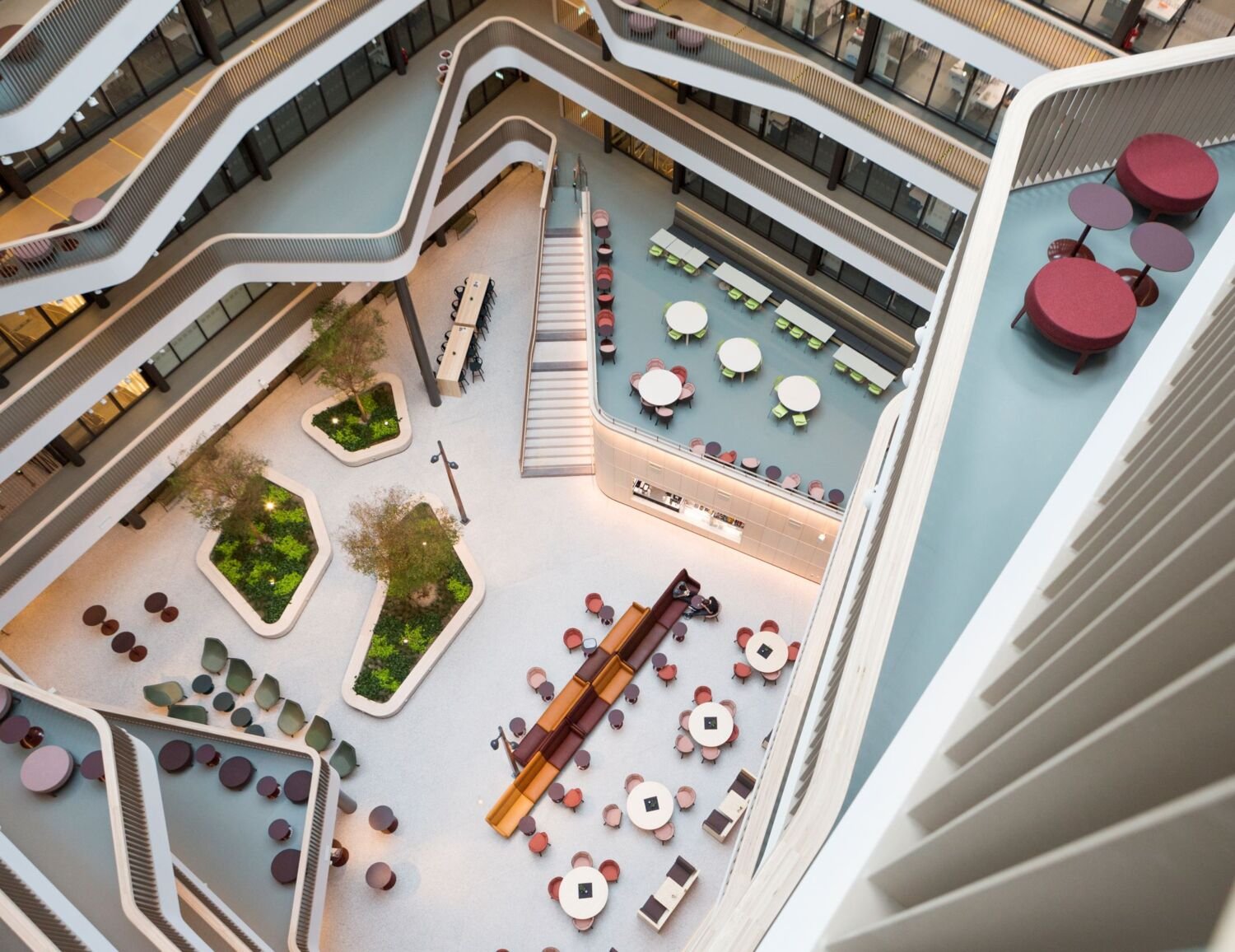
Safety at campus
- Wear your access card/KI cars visibly, for everyone's safety.
- Make sure no one sneaks in behind you when you pass a locked door/gate - dare to ask for KI card or reason for visit. Or direct the person to the reception desk.
- Upon detection of an unauthorized person, contact the security guard.
- Never leave your computer, phone, bag, etc. unattended.
- Report loss of keys and KI card to sakerhetsenheten@ki.se.
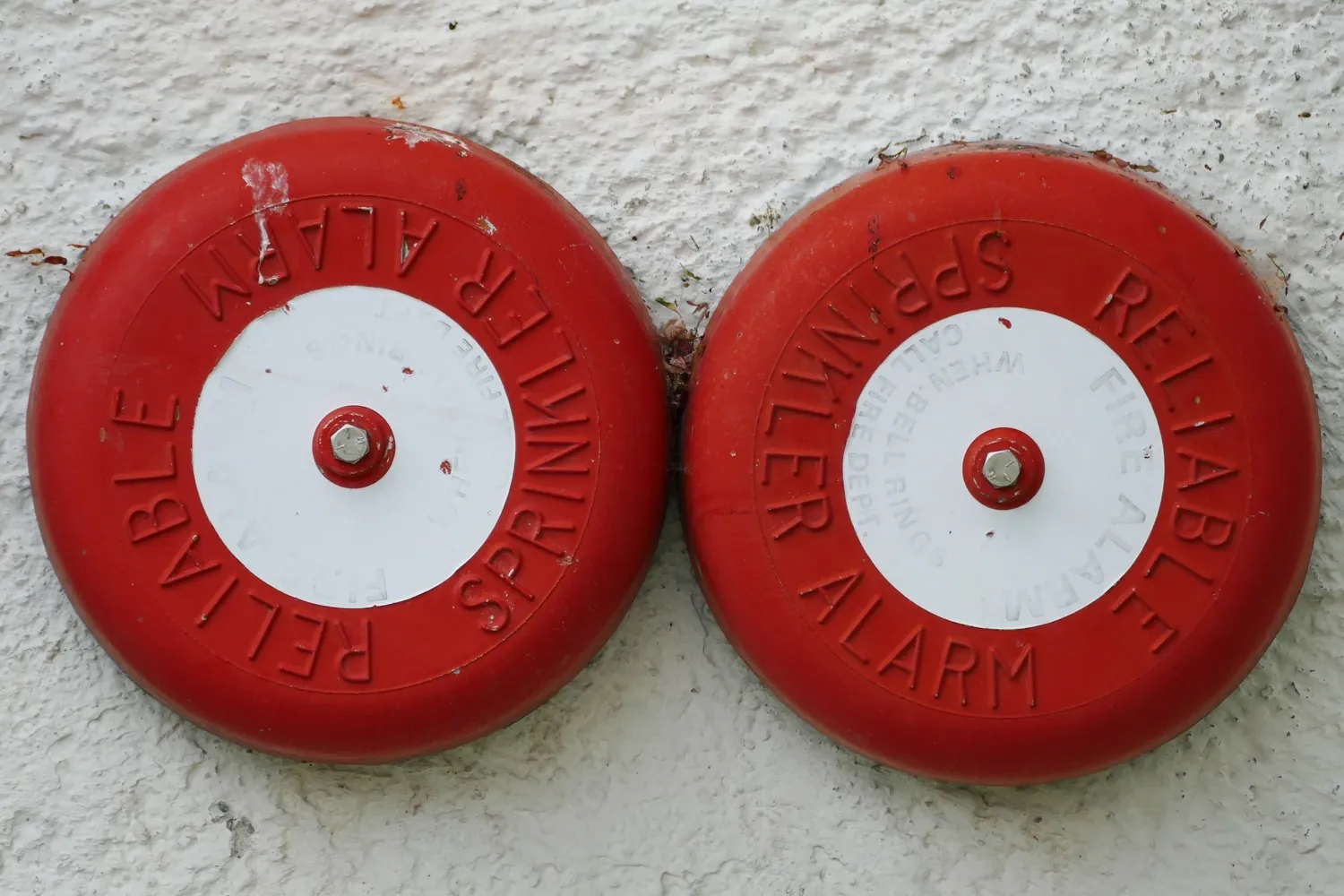
Fire safety
- Do not block escape routes or fire doors.
- Never block water sprinklers.
- Do not use private electrical products that are not authorised for use at KI.
- Candles are not allowed on KI premises.
- Maintain cables so that they are in good condition.
- Avoid extension cords and do not connect extension cords in series.
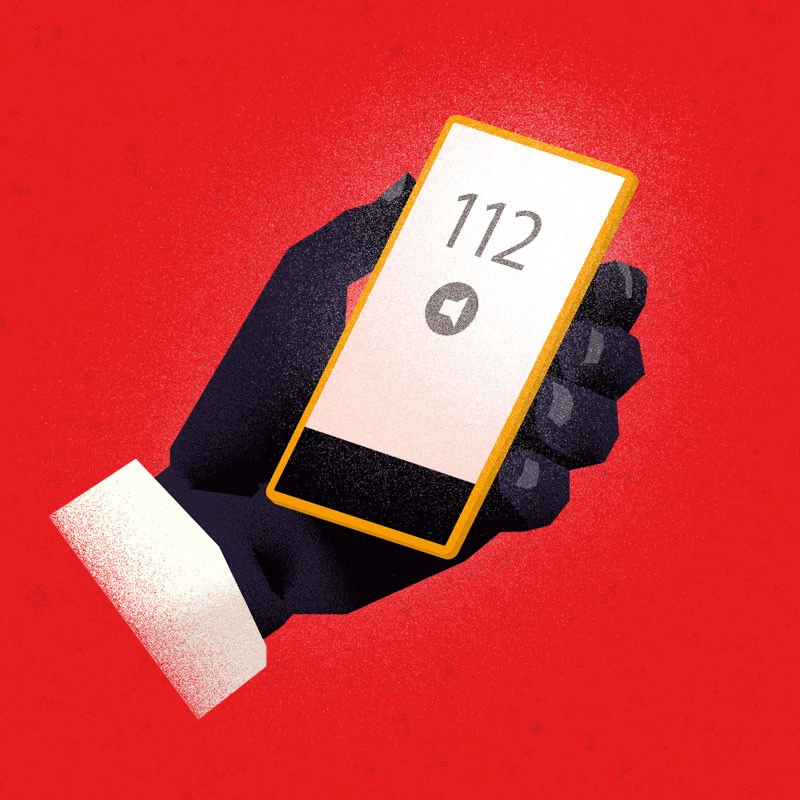
Personal security
- Stay updated on how to react to threats and violence, ongoing deadly violence and terror.
- Be alert and if you see anomalies such as bags left behind, masked people or people behaving in a threatening manner - alert security guard and, in case of emergency, 112.
- In case of immediate danger: flee the threat, get to safety, warn others and raise the alarm.

Travel security
- When travelling to high-risk areas, a specific risk assessment should be carried out.
- Only take what you really need with you when travelling.
There are many tips before, during and after travelling, as well as how to book a business trip.
Travel security.
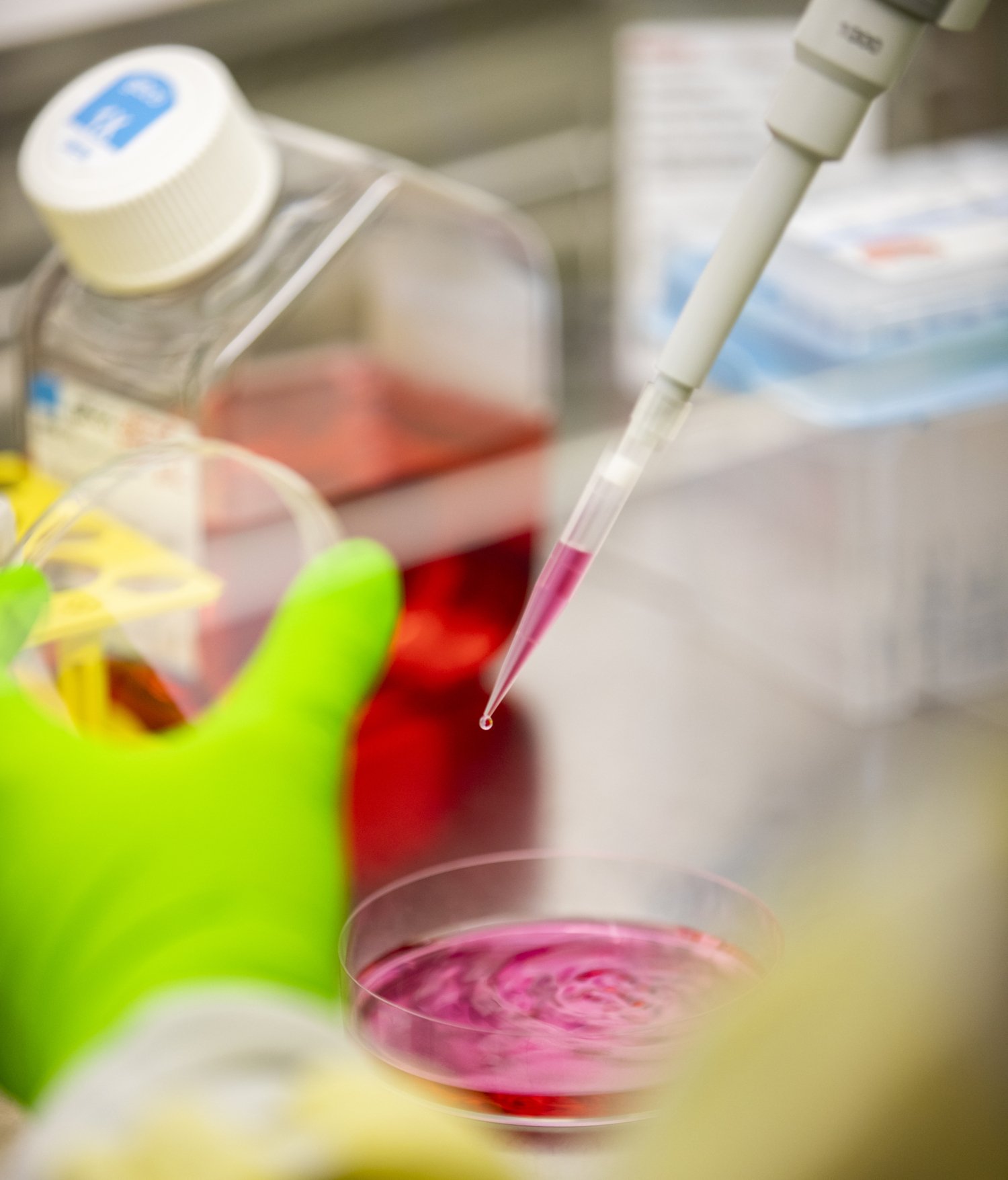
Laboratory safety
- Complete the Laboratory safety introduction course.
- Check what other training is required for your work.
- Get a practical introduction at your workplace.
- Carry out/take part in risk assessments for your work.
- Inform your line manager if you see safety deficiencies.
- Always report incidents and accidents.
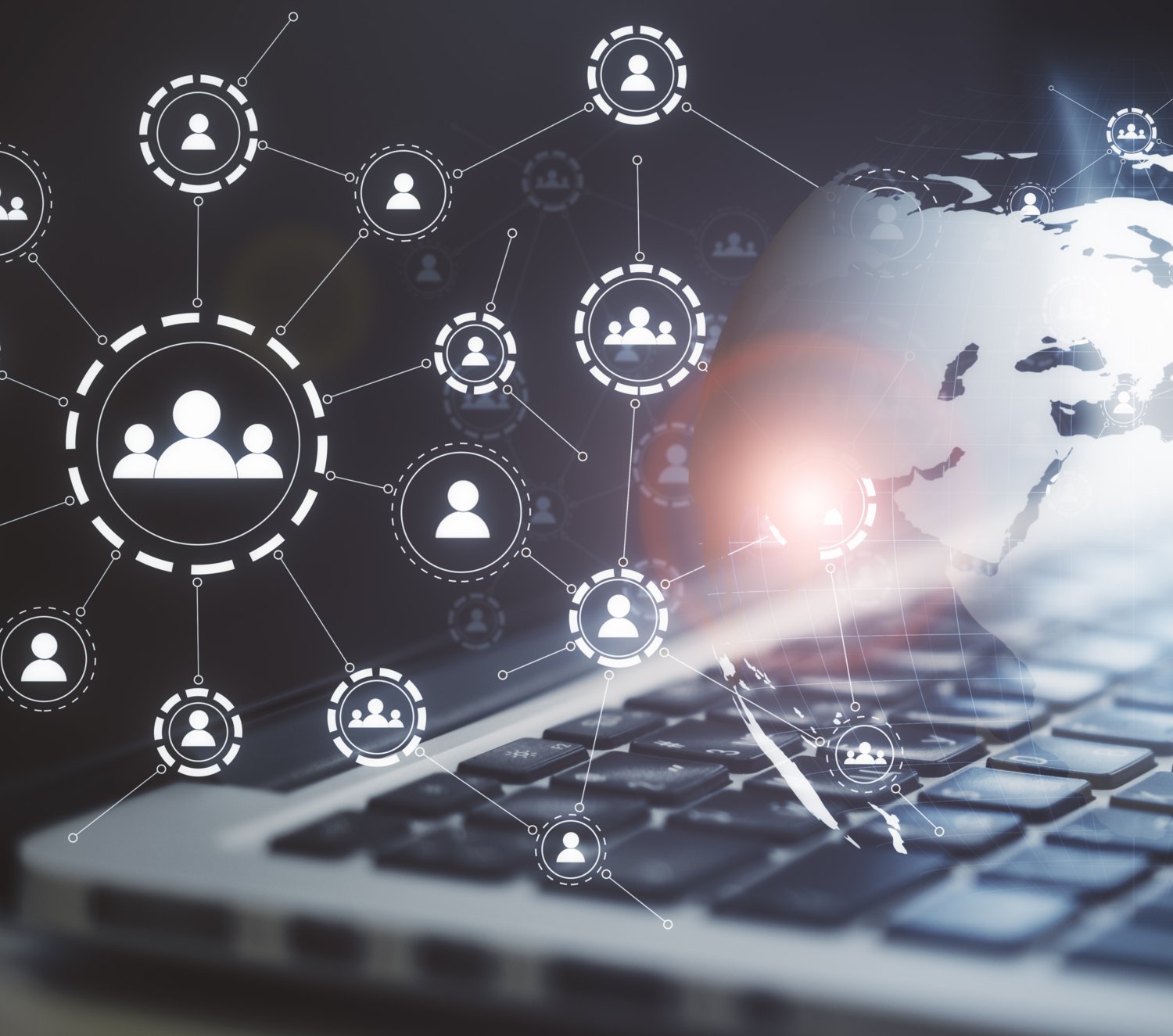
Information security
- Protect your login credentials - never share them with others.
- Sensitive information must be handled within KI's IT solutions.
- Remember to handle personal data according to GDPR requirements.
- Keep in mind that all internet usage is logged. Log reviews are conducted regularly.
- Never share sensitive information about your work on social media.
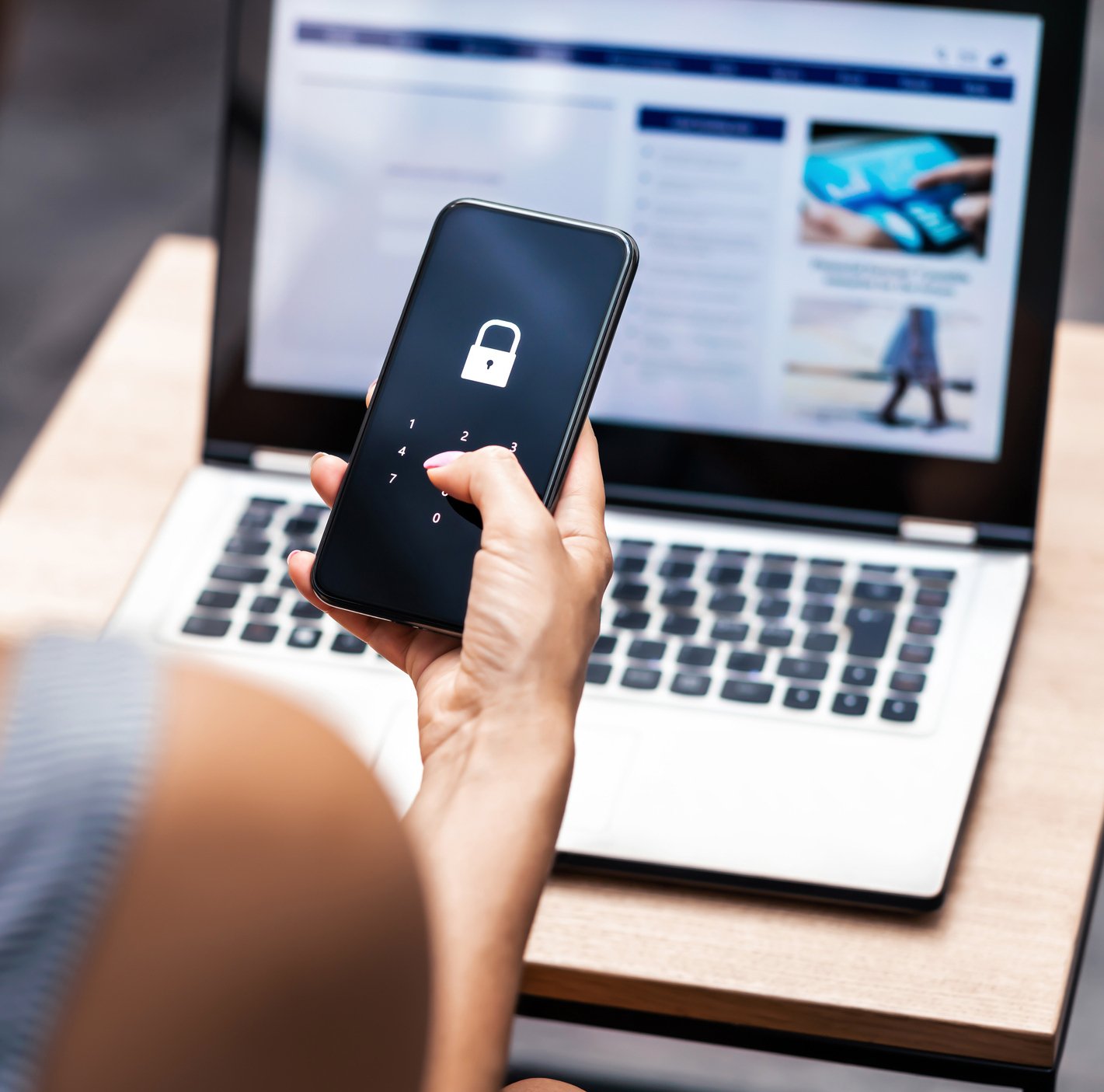
IT Security
- Remember that your computer is a work tool.
- Always lock your computer when you leave your desk.
- Only use authorised IT solutions.
- Make sure your devices and software are up to date.
- Use unique passwords - do not reuse passwords.
- Use your KI email for work-related stuff.
Please note! Be thoughtful before you:
- use unrecognised devices, such as USB sticks.
- reply to emails/click on links/download documents from unknown senders.
Contact
If you have any questions or would like a training programme for your work group, please contact the Security Manager Magnus Håkansson.
